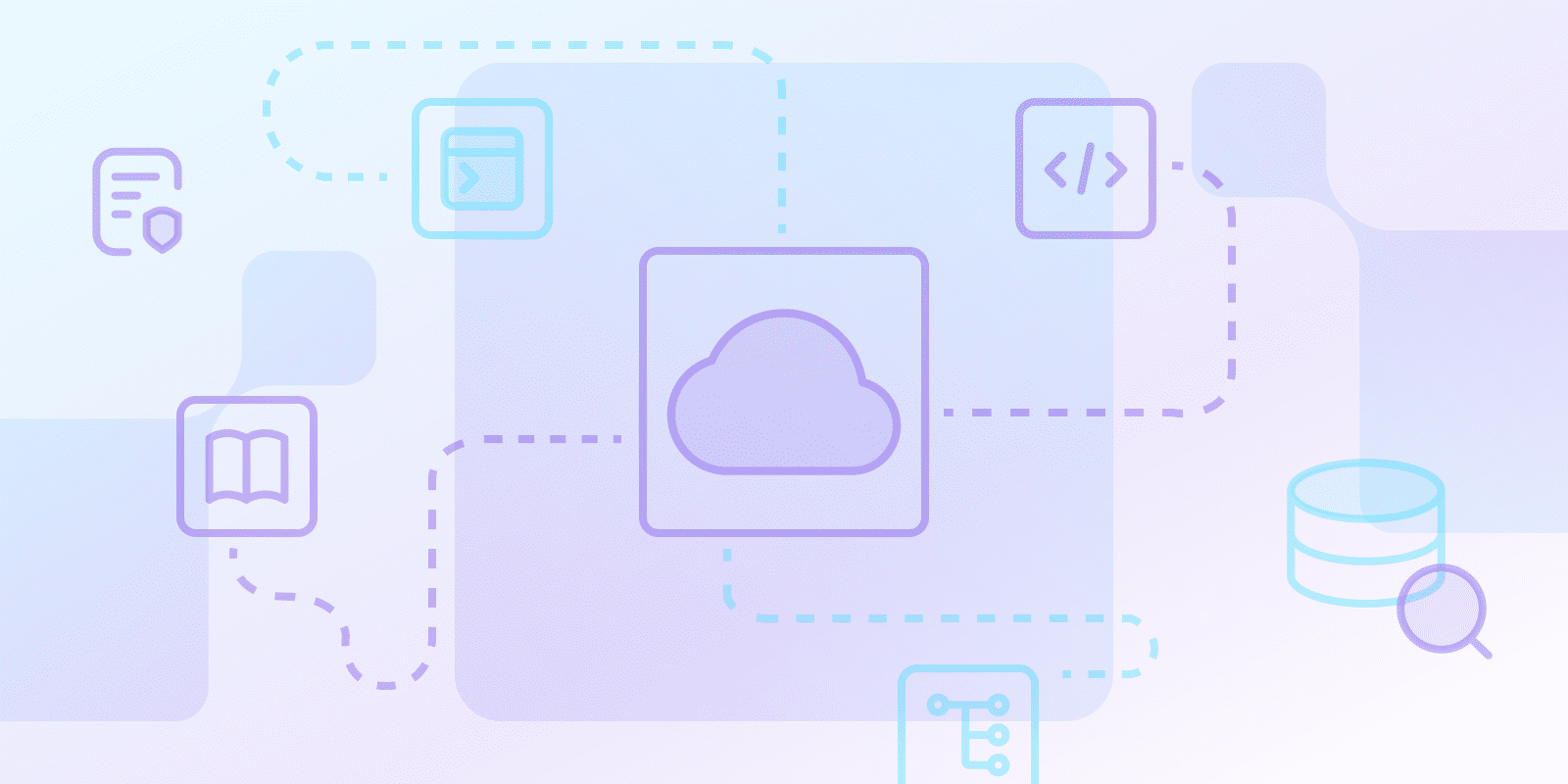Cloud Compliance
What is Cloud Compliance?

What is Cloud Compliance?
Cloud compliance is when a business adheres to local and regional regulations in their cloud services. It also involves complying with industry standards and the agreements you have in place with customers and providers.
In addition to geographic regulations, cloud compliance involves sticking to rules set by industry governing bodies.
Why is compliance important in the cloud?
Non-compliance may result in financial penalties, a lack of customer trust, legal action, and it can also impact your reputation; compliance, meanwhile, will ensure your cloud operation’s smooth operations.
You should also comply with regulations and standards if you want to safeguard your sensitive data.
Remember:
Cloud compliance is crucial for legal reasons and to limit risks, but it’s also essential for long-term success.
What are some common challenges in achieving cloud compliance?
Some of the things you may encounter when trying to become cloud-compliant are:
- Regulations: You need to keep up to date with changing compliance requirements as they change quickly.
- Shared Responsibility: Understand what you’re responsible for and the things that your provider needs to safeguard.
- Data Visibility and Control: Maintaining visibility and control over data is challenging, but putting together the right strategy can help solve this problem.
- Expertise: Lacking the expertise required for cloud compliance is a problem in many companies, so it’s a good idea to hire people with comprehensive experience in your field.
- Cost: Implementing and maintaining compliance is often expensive; it’s important to look at the return on investment, however.
What are some examples of specific compliance requirements for SaaS applications in different industries (e.g., healthcare, finance)?
Since industries vary in their compliance needs, you should understand these differences. Here are some examples for healthcare, finance, and other industries:
- Healthcare: The Health Insurance Portability and Accountability Act (HIPAA) requires strict privacy and security controls for Protected Health Information (PHI), including encryption and audit trials. You also need to implement access controls and breach notification procedures.
- Finance: Financial institutions have several regulations to comply with, such as PCI DSS (Payment Card Industry Data Security Standard) and local laws in each country. As a result, you need a SaaS application with secure networks, cardholder data protection, and access control features.
- Other Industries: Regulatory compliance requirements will differ in other industries. For example, if you’re in the government sector, you might need to comply with the FedRAMP (Federal Risk and Authorization Management Program).
Who is responsible for compliance in the cloud?
Cloud compliance is based on shared responsibility, meaning that the provider and customer have their own roles.
- Cloud Provider: Responsible for the physical servers, network, cloud infrastructure, and other underlying features.
- Customer: Responsible for configuration and security practices (e.g. 2FA), along with compliance with local regulations.
| Responsibility Area | Cloud Provider | Customer |
|---|---|---|
| Infrastructure | ||
| Physical Infrastructure | Manages physical servers, network, and cloud infrastructure | No direct responsibility |
| Security Controls | Provides basic security infrastructure | Implements additional security practices (e.g., 2FA) |
| Regulatory Compliance | ||
| Regulatory Framework | Ensures overall platform meets broad compliance standards | Ensures compliance with local and industry-specific regulations |
| Data Protection | Provides secure infrastructure and basic encryption | Implements specific data protection measures for sensitive information |
| Operational Responsibilities | ||
| Configuration | Maintains core cloud infrastructure configuration | Configures application-specific settings and access controls |
| Ongoing Compliance | Maintains broad compliance certifications | Conducts regular internal audits and compliance training |
How do you ensure compliance in the cloud?
Implement each of these if you need to ensure cloud compliance:
- Know Your Obligations: Understand precisely what you need to comply with in your location and industry, and make plans for these.
- Choosing a Provider: Pick a compliant provider and look for certification.
- Strong Security: Use measures like data encryption, multi-factor authentication, and data access control.
- Audits: Perform regular audits to look at your current compliance infrastructure.
- Training: Give your staff compliance training when you onboard them, and give refreshers regularly.
Conclusion
You must understand cloud compliance before launching any product or service, and you should also know what’s applicable to your specific industry. Choose a provider that helps you conform with a shared responsibility model, and know how to protect your data. Be proactive rather than reactive where possible.